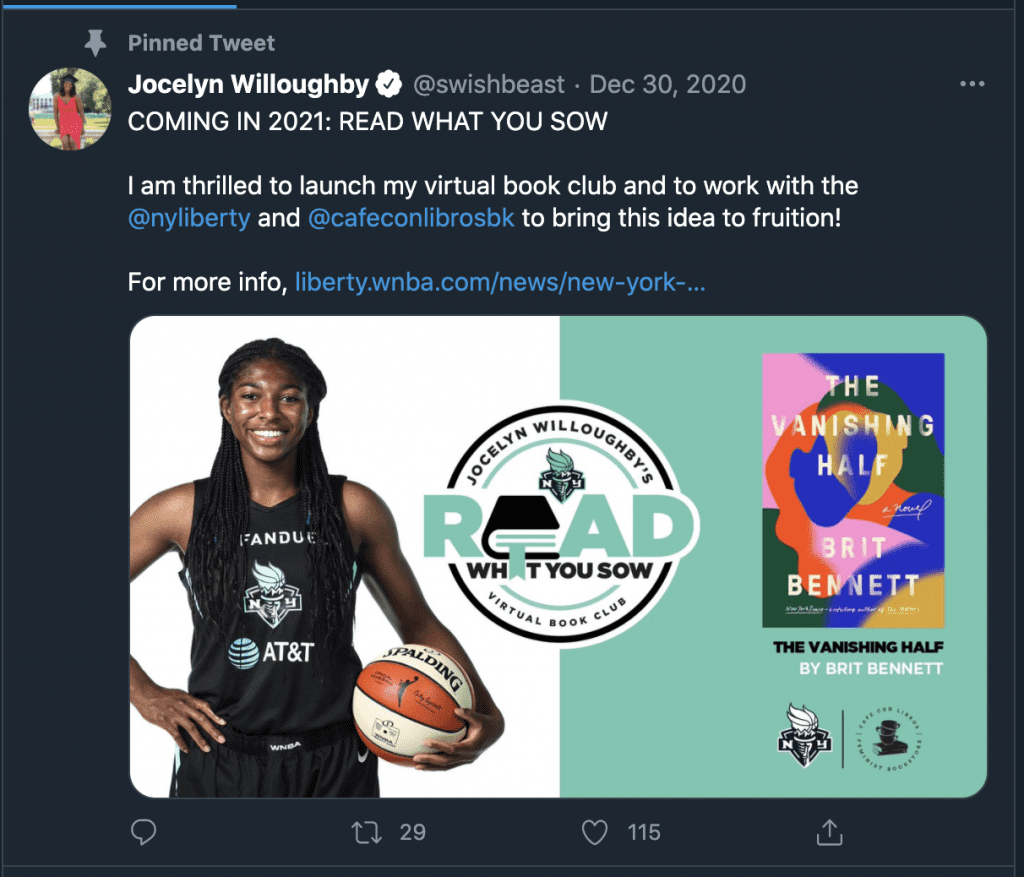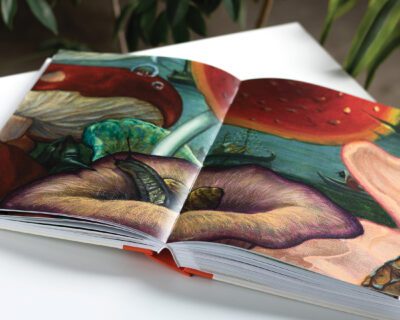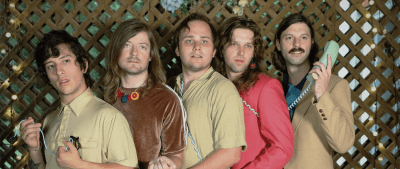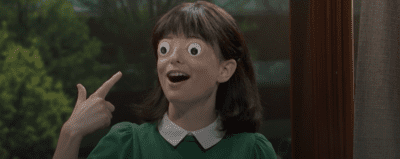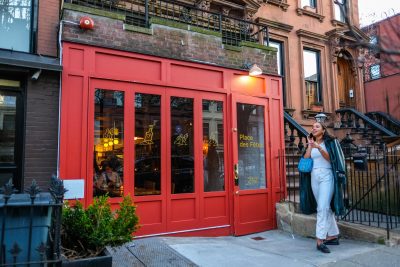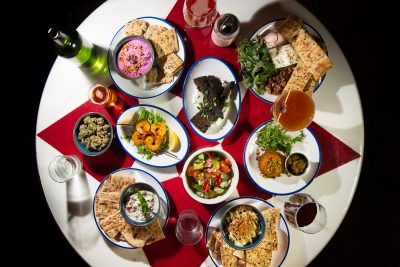WNBA star Jocelyn Willoughby on ‘adulting,’ Covid and creating community
Willoughby is launching a book club with Crown Heights book store Cafe con Libros to explore injustices facing people of color
Imagine spending your whole young life working toward one major goal, living and breathing it—only to achieve it weeks into a global pandemic that altered the landscape of everything.
In April of last year, University of Virginia basketball star Jocelyn Willoughby was drafted 10th overall by Phoenix in the first round of the WNBA draft, and traded to New York Liberty, her home team. An Academic All-American, Willoughby finished her undergrad degree in just three years and was halfway through a master’s, which she put on hold to go pro.
Of course, we all know what happened next: Instead of playing ball in the Barclays Center, Willoughby and the rest of the league played out a truncated season in a Florida bubble.
Willoughby, who led the ACC in scoring during the abbreviated 2019-20 season, is now in a different bubble: playing for Hapoel Petah-Tikva in Israel during the off season. But she is also engaged in her new Brooklyn community from abroad. This week she is launching a virtual book club with Cafe con Libros, an intersectional feminist book store and coffee shop in Crown Heights.
“Read What You Sow” is a three month club that will explore the injustices disproportionately facing Black and Brown people within the healthcare, education, and other social systems. Willoughby herself will host private virtual discussions with club members and there will also be virtual author chats and reading recaps available throughout. The first selection is Brit Bennett’s “The Vanishing Half,” a multi-generational family saga that revolves around twin sisters, Desiree and Stella Vignes. Themes through out the book tackles issues of racial identity and racism, secrets and lies over the course of 50 years.
For Willoughby, the club is a way for her to plant her own roots in her new community while learning about the issues, both obvious and below the surface, that confront her as a young Black woman. “It’s an invitation for people to join me in this journey,” she says.
Brooklyn Magazine chatted with Willoughby over Zoom in the run-up to her club, which launches this week, about life in the WBNA in the time of Covid and, in her own words, adulting. The conversation has been edited for flow and clarity.
How’s Israel?
It’s been good so far. The weather is beautiful. But Covid is here as well. The country has been on lockdown for the majority of my time here, so I haven’t been able to explore. I’m hoping to be able to see the holy sites before I leave. The positive thing is that they are doing pretty well with vaccination here.
Are you able to get one? Do you want one?
I don’t know that I will be able to be vaccinated in Israel. But I haven’t made a decision whether I will be. Some point in the future I think it will be mandatory, especially to live the lifestyle I’m living: traveling and playing sports. The benefit seems to be more enticing than the risk.
What was it like to finally get to the WNBA and all of a sudden there’s a pandemic? And you have to play in a bubble in Florida instead of Brooklyn. Was that a letdown or disappointing? Or did you just kind of take it as it comes.
I can’t lie: I was excited about being in Brooklyn, about being able to play in front of fans. But that didn’t happen. And hopefully in the coming year or years it will return to more of the normal idea we have about sports and playing. It was a unique opportunity at the same time. It was exciting, even though it didn’t happen as I had envisioned. There’s good to take away from every situation. Most things don’t happen as you planned or envision.
You were actually halfway through a master’s in public policy when you were drafted. Do you see yourself getting involved in policymaking or governance of some sort?
So many people have told me, “I could see you being president or in Congress.” That’s the traditional way of thinking about the steps from a degree in public policy. But there are so many levels and areas at which you can impact policy and it’s not necessarily in government. That’s something I’m still trying to figure out. Regardless of what I do in whatever field, I do want to help reform systems and create change that impacts the well-being of people.
You grew up in East Orange; the team plays here at Barclay’s Center when there isn’t a pandemic. Was it important for you to be close to home when you were drafted?
It was. One, it was important to make it to the WNBA in general. The league is very competitive and selective. So that was big. To be able to come back to what’s my hometown team meant a lot, to be able to come to the tri-state area. Even looking at this book club, I’ve been able to connect with some of my high school teachers, even middle school and elementary school teachers, who still support me, who are still very much a part of my village and community.
Tell me about this book club. It was your idea?
Yeah, I had been sitting on it for a while. After coming from the bubble I started having conversations.
You don’t have to do something like this. You’re young, you have a new career and it’s a challenging time. What’s the impulse?
With everything that’s happened in 2020 and still going on, from racial injustice to the pandemic, it brought up a lot of questions of our systems. With the pandemic, so much about our healthcare system, our education system, about employment was brought up. I’m young. I’m adulting. Read What You Sow is really just about my own education and understanding of the world we live in, putting my own experiences into context. But also inviting others to learn. There has been an eagerness for change and to understand. This is my first effort to create community.
What are those experiences as they pertain to you? It sounds like there’s a personal angle here.
For me, as a Black woman who’s navigating these systems, I also see that others haven’t been as privileged. My family structure, the community I grew up in, playing sports and how that’s helped me in some ways. There’s so many things I’m reading about and becoming better at articulating what I’ve experienced especially as a Black woman.
What made you choose “The Vanishing Half?”
Representation is huge. It’s important to amplify or acknowledge more the voices and narratives we don’t hear on a day to day basis. “The Vanishing Half” is one of those books. We’re intentional in the book club about putting those narratives, putting those ideas and voices forward that aren’t at the forefront. They’re sometimes silenced or more quiet. You don’t always get these narratives or stories in your traditional curriculum in schools.
Do you remember the first time you felt represented in literature?
I feel like I’ve had a better access to a representation of myself in literature. But even then it’s been more masculine in perspective. My family valued education a lot and my dad in particular was one to give us books outside of school. Anything we wanted to know especially when it came to our history and culture, they were in books. He gave me “The Autobiography of Malcom X” some time when I was in middle school. Still to this day he gives me titles and says, “Hey I think you should read this.”
Do you have a favorite book? Is that an annoying question?
No it’s not an annoying question. I just feel like when I read I’m moved by books in different ways. I don’t know that I have a favorite. One of the most influential books I’ve read recently has been “Free Cyntoia” by Cyntoia Brown Long. I think that challenged my thoughts on the criminal justice system and what it means to rehabilitate individuals, to give them a second chance, an opportunity to make it in this world.
Your teammate Asia Durr contracted the virus. Are you in touch? Does it feel like it’s come close to home?
I definitely feel like it’s coming closer to home. Just her sharing her story made me more considerate of how severe the virus is. Granted we know the casualties, but as a young person and as an athlete, hearing another young athlete who was healthy talk about the long term effects and symptoms we still as a whole don’t completely understand, you don’t understand the gravity or severity of something until you’re experiencing it firsthand. It made me question am I taking all the precautions that are necessary. Playing athletics, playing sports, traveling, you’re constantly being exposed to other people. There are so many factors that put you at risk.
What’s the first Brooklyn thing you want to do when you come back?
Oh man, I haven’t even thought that far ahead yet. I haven’t been able to experience Brooklyn that much. I’m just excited about finding my little places, my coffee shops and restaurants. Book stores and all the little things that make place home and make a community.
You might also like 









